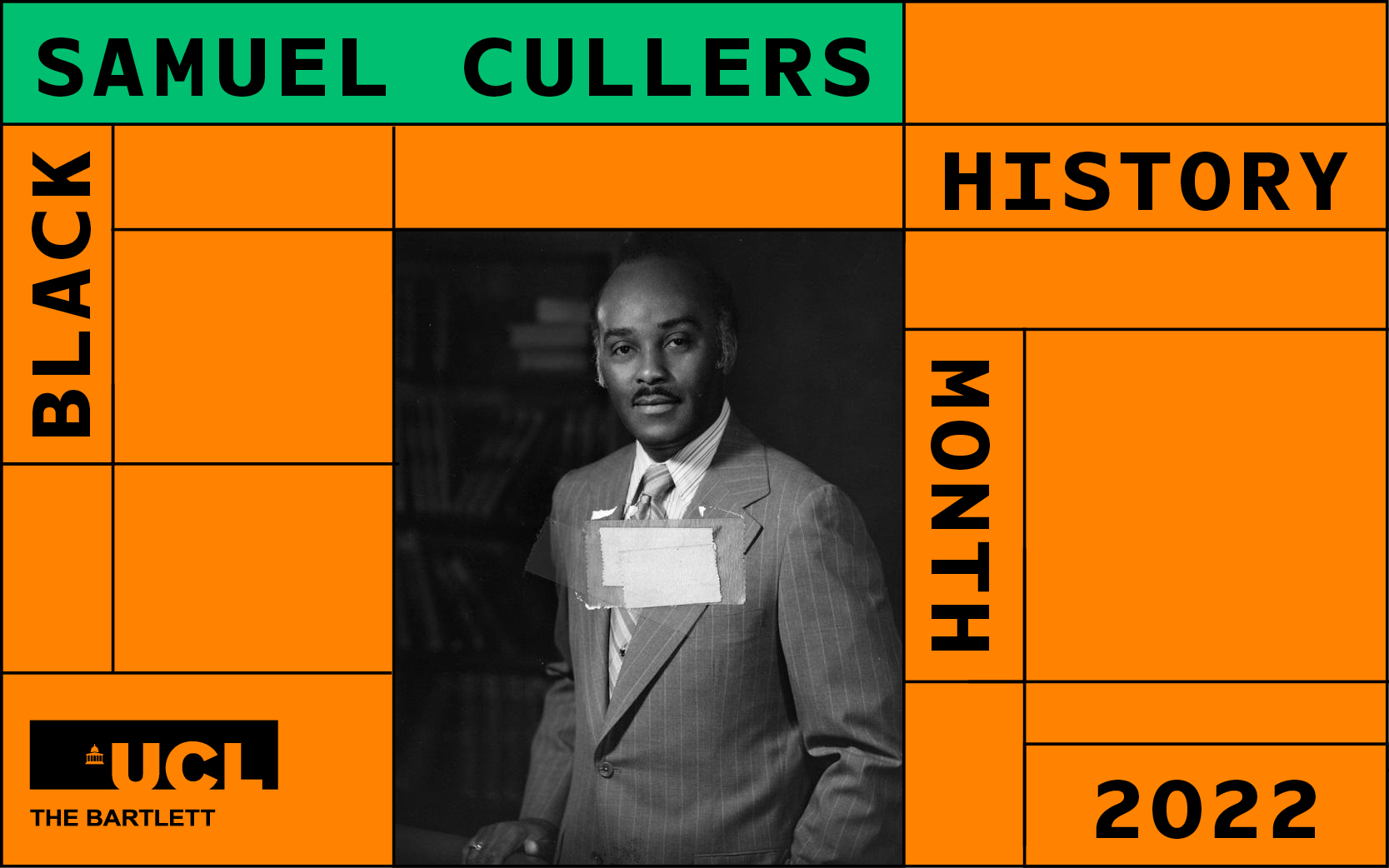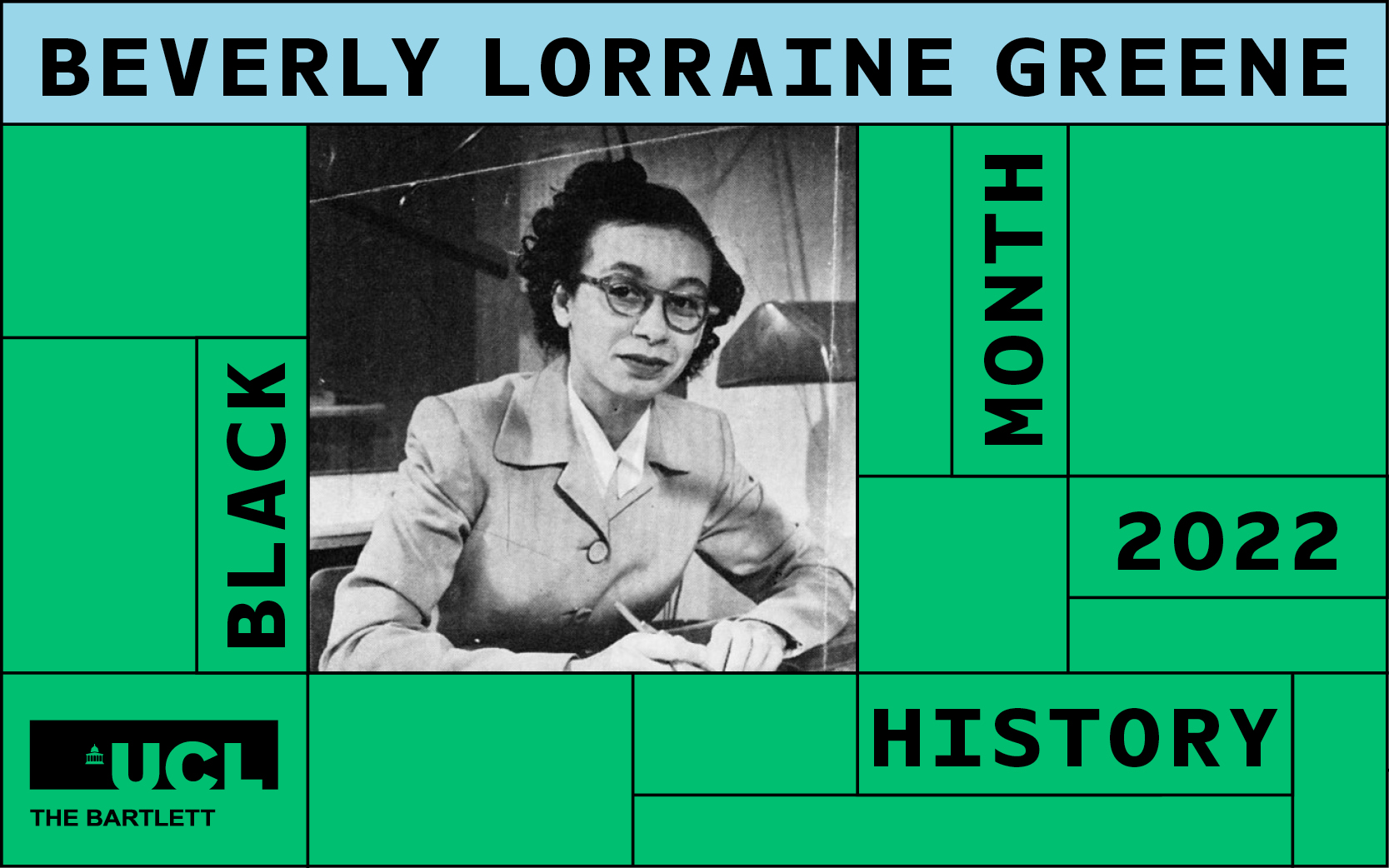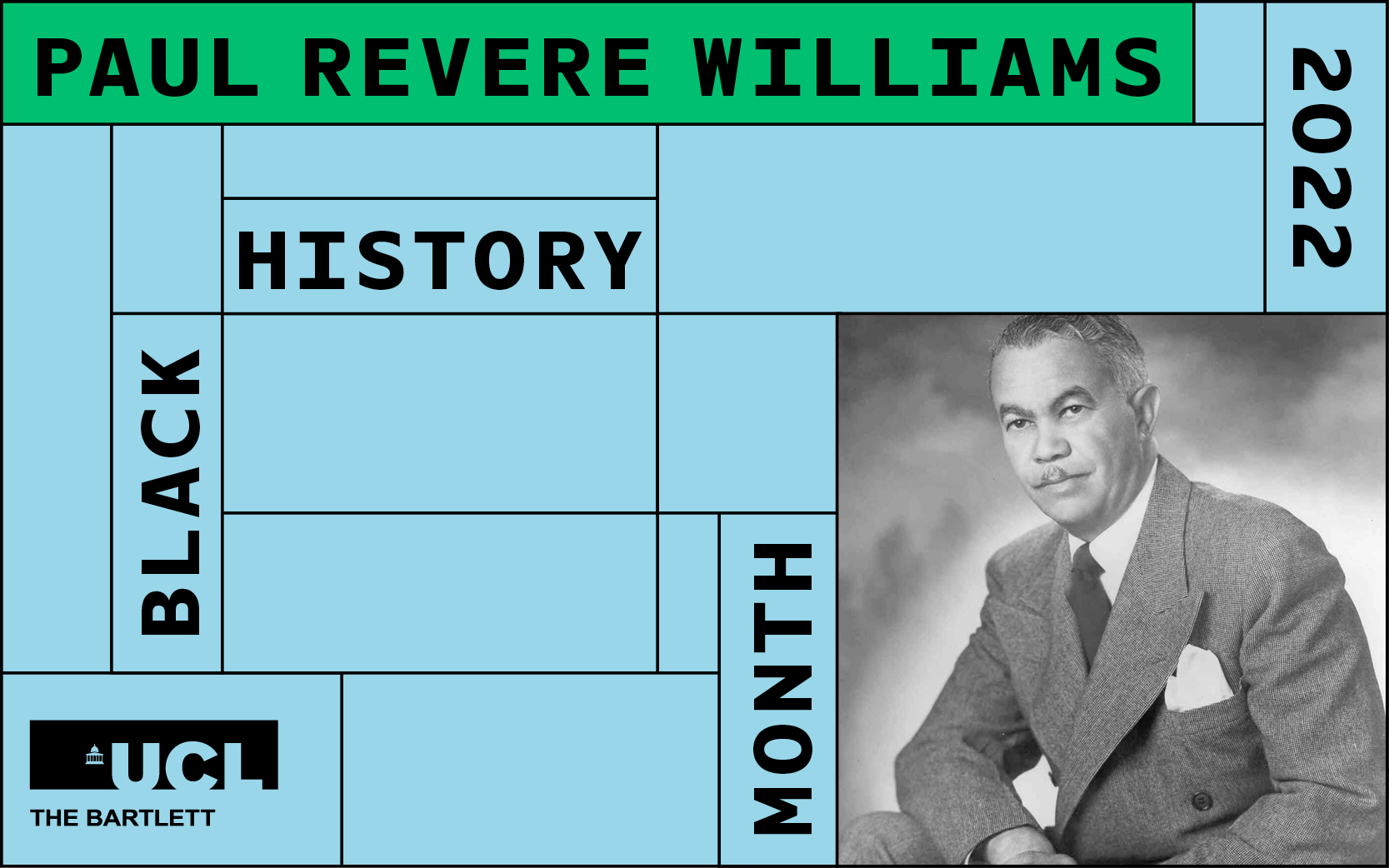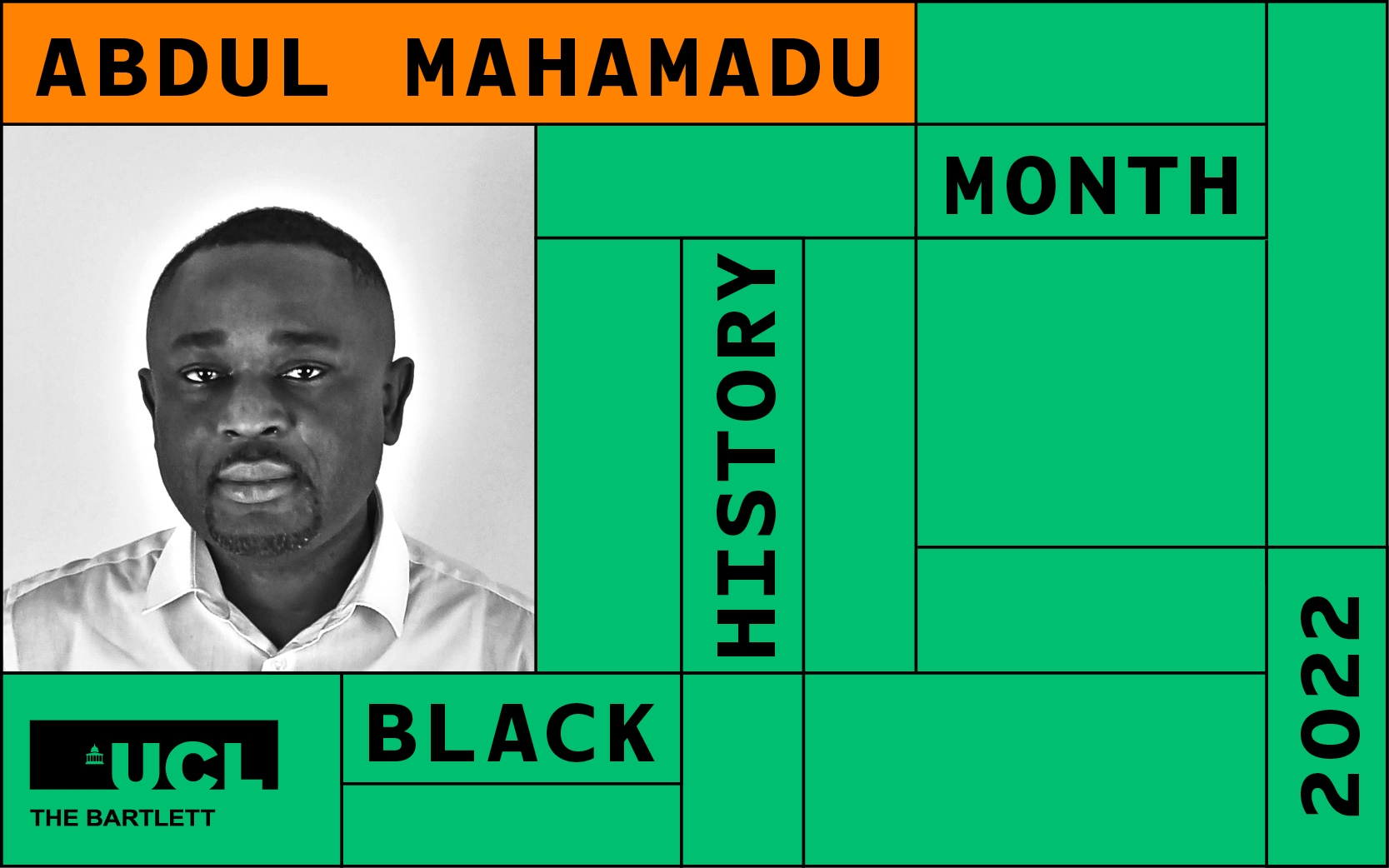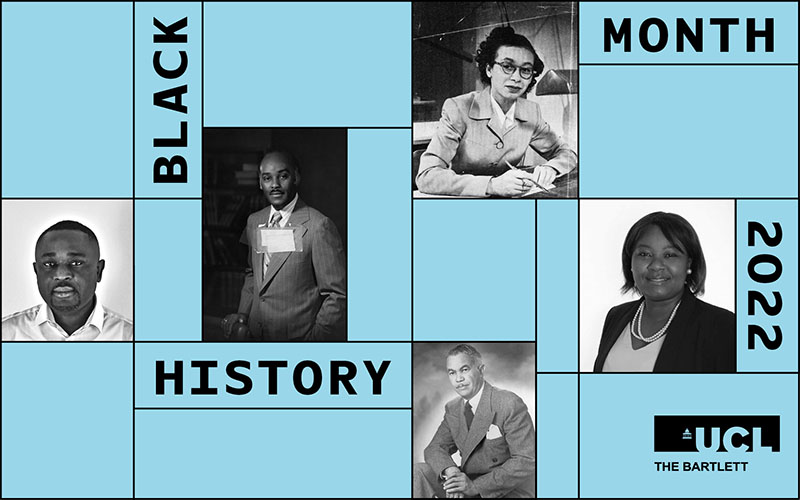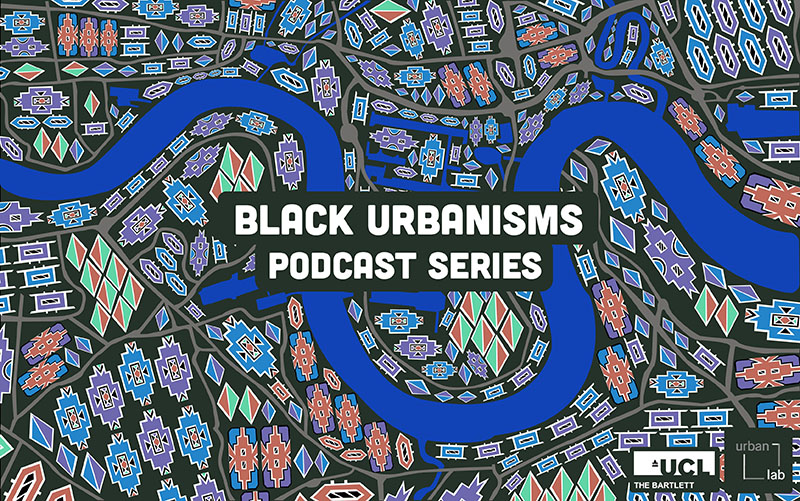Impacting young people’s lives: Omoleye Ojuri
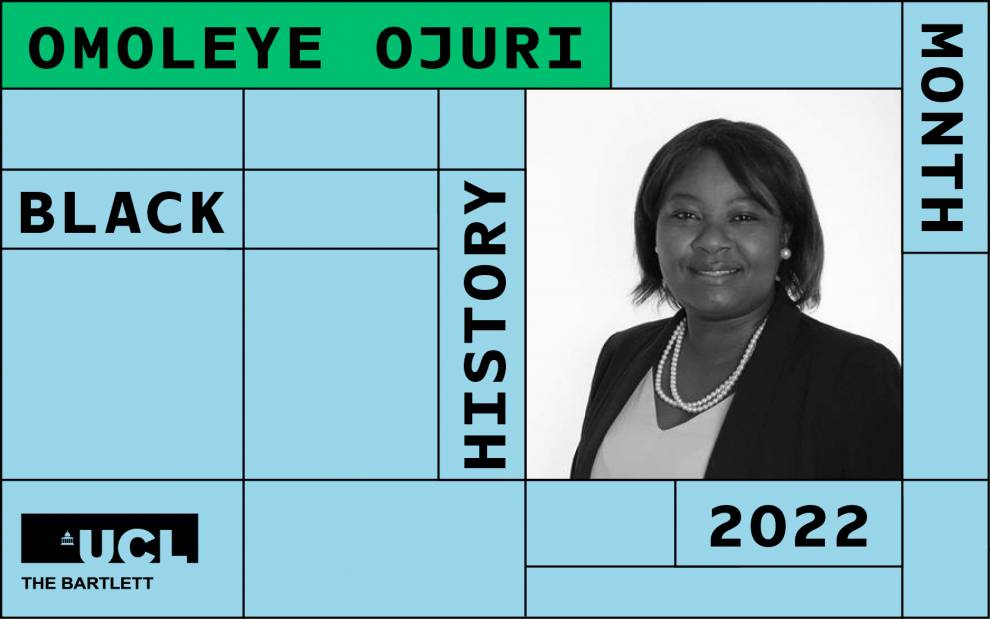
Tell us about your work. Why is this so important? What are your future plans to build on this?
I am an honourary lecturer at The Bartlett School of Sustainable Construction and a Senior Lecturer at Liverpool John Moores University. Besides lecturing, I am a researcher. I am passionate about impacting and influencing young people’s lives positively. My teaching ability has helped me to shape opinions, transform ideas about life including personal and societal goals. Also, it has helped to expand young adults’ limits and push their creativity. These life-changing abilities, including the discovery of new knowledge in sustainable construction, are exciting to me.
My work is extremely important to me because of the positive influence it enables me to have on people's lives. This makes lecturing my vocation and not a job. Additionally, I hope to continually contribute to creating a sustainable environment with my research work in understanding social value creation in construction projects.
Why is Black History Month important for the built environment sector, and more widely?
Black History Month should be Black History year-round, in terms of teaching and inclusion of black history in the national curriculum framework – because it is a true part of our history. Black History Month is essential because it creates the opportunity to provide all-encompassing facts, honest information, and contributions of Black people to the built environment, rather than the single story of negativity and stereotypes portrayed on television, in the movies and in the news.
Honouring and highlighting the legacies and achievements of Black scholars in science, technology and architecture is vital to dispel the myth that Black people always take from the world, rather than giving, through innovations, knowledge, skills, and talents to creating a better and more sustainable society. Recognising the achievements of Black people in the built environment inspires young people of current and future generations.
What change would you like to see happen in the sector and the wider world?
A lot can be done in institutions of learning and the mainstream marketplace. There is an urgent need to intentionally make the curriculum at all educational stages highly inclusive by making both historical and current works of Black people visible (I do not want to use 'decolonising the curriculum'). This can be accomplished in teaching, reading lists and the use of achievements of Black people as cases to be studied.
While there is a current necessity to acknowledge Black people’s contributions to the built environment and other sectors, I look forward to a world where society is overly familiar with the achievements of Black people, and thus, these would not be celebrated, but rather be ordinary like other races.
Do you have any recommendations for ways that people can better educate themselves?
I’d recommend reading books to enhance better imagination, education and creativity. There are quite a lot of educating and inspiring books out there, however, I would recommend “Americanah” by Chimamanda Ngozi Adichie and “Becoming” by Michelle Obama.
Is there anyone else, either here at UCL or beyond, who deserves greater recognition (current or historical)?
Unfortunately, I did not get to meet nor work with Black staff members while I was doing my PhD programme at The Bartlett School of Sustainable Construction at UCL. However, beyond UCL, there are quite a lot of Black people who deserve my recognition.
I wholeheartedly respect Dr Ngozi Okonjo Iweala, the first woman and first African to lead the World Trade Organization (WTO) as Director-General. I deeply admire Ms Chimamanda Ngozi Adichie, a public intellectual, through her inspiring novels and storytelling. Additionally, I have huge regard for former President Barrack Obama, the first African American president of the United States.
 Close
Close


